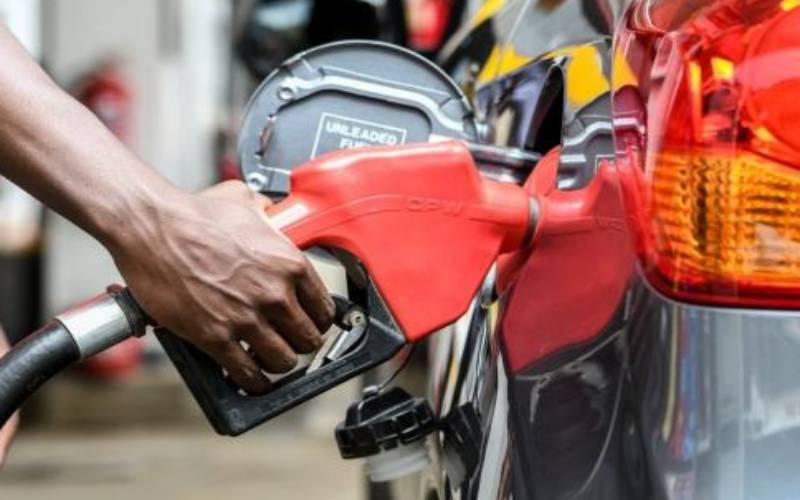Business
Ministry Plot To Relieve Consumers With A Cut-price On Petroleum Products

The Petroleum ministry plans to fix specific prices of petroleum products during emergencies or difficult situations in proposed changes aimed at protecting consumers against overzealous marketers. The ministry is seeking approvals to set prices during difficulties that resulted in an extreme surge in the cost of oil products.
“The primary regulatory objective and justification of the proposed Petroleum Pricing Regulations 2022 is to make key elements of the Petroleum Act 2019 operational by — setting up a framework for review of price determination under emergency situations as may be declared by the Cabinet secretary in charge of Petroleum,” the ministry said in proposals before Parliament for approval.
It added that the regulations also seek to “provide for exigencies to ensure that price capping can continue even in extreme circumstances such as recently experienced Covid-19 related travel restrictions and the Russian-Ukraine invasions and their related escalation of costs.”
In the proposed changes, the government also seeks to cap petroleum products wholesale prices to curb market distortion by greedy oil marketers keen on raising their profit margins.
The Energy and Petroleum Regulatory Authority (Epra) said the repealed Energy Act of 2006, which had sought to clear components of the dormant Kenya Petroleum Refinery Limited from the petroleum pricing formula, omitted caps on wholesale prices, leaving depot facilities exploitation headroom.
“This caused a bit of market distortion since the wholesalers would sometimes buy products at the depot at prices close to the retail prices. Further, the penalties for non-compliance were lenient” Epra director-general Daniel Kiptoo said in the Energy ministry proposal to Parliament.
This is critical in safeguarding independent petroleum dealers who are exposed to abuse by marketers following an end to the subsidy on pump prices. Independent dealers have for months now been forced to negotiate the prices of bulk supplies with the big players.
Epra stopped setting caps on wholesale prices of fuel in May last year following the introduction of subsidies on super, diesel, and kerosene.
In recent months, small dealers have protested the move, arguing that it has amounted to their being locked out of business since they lack margins when they source fuel from large retailers, who are their direct competitors.







